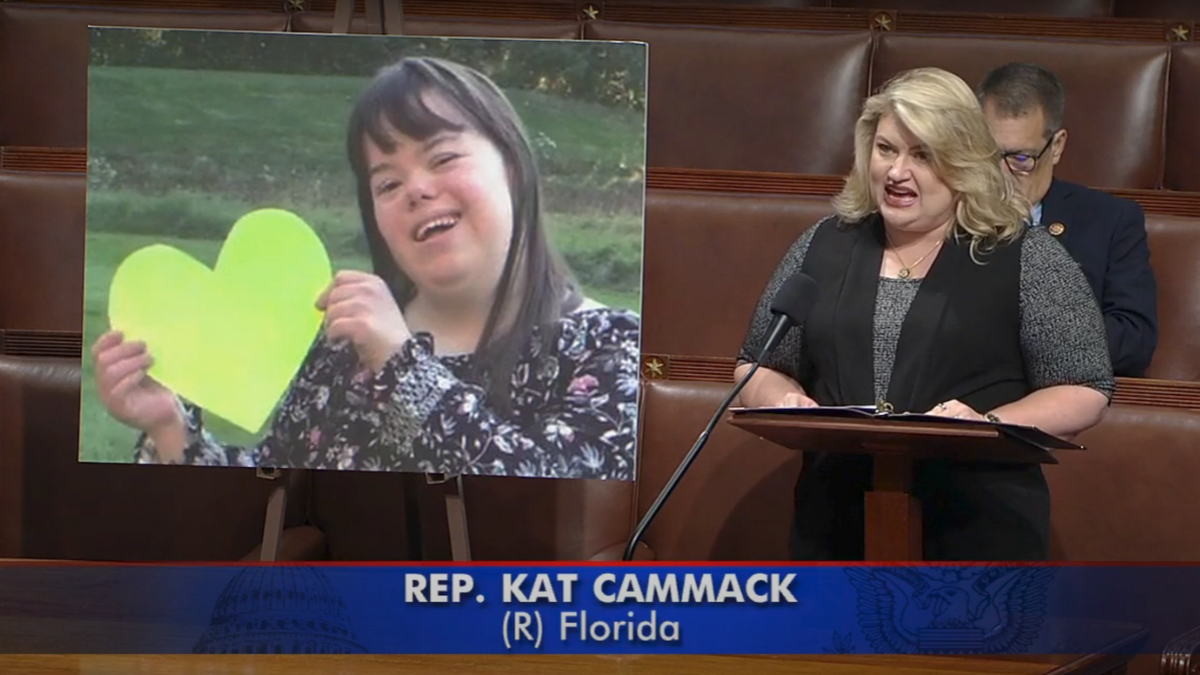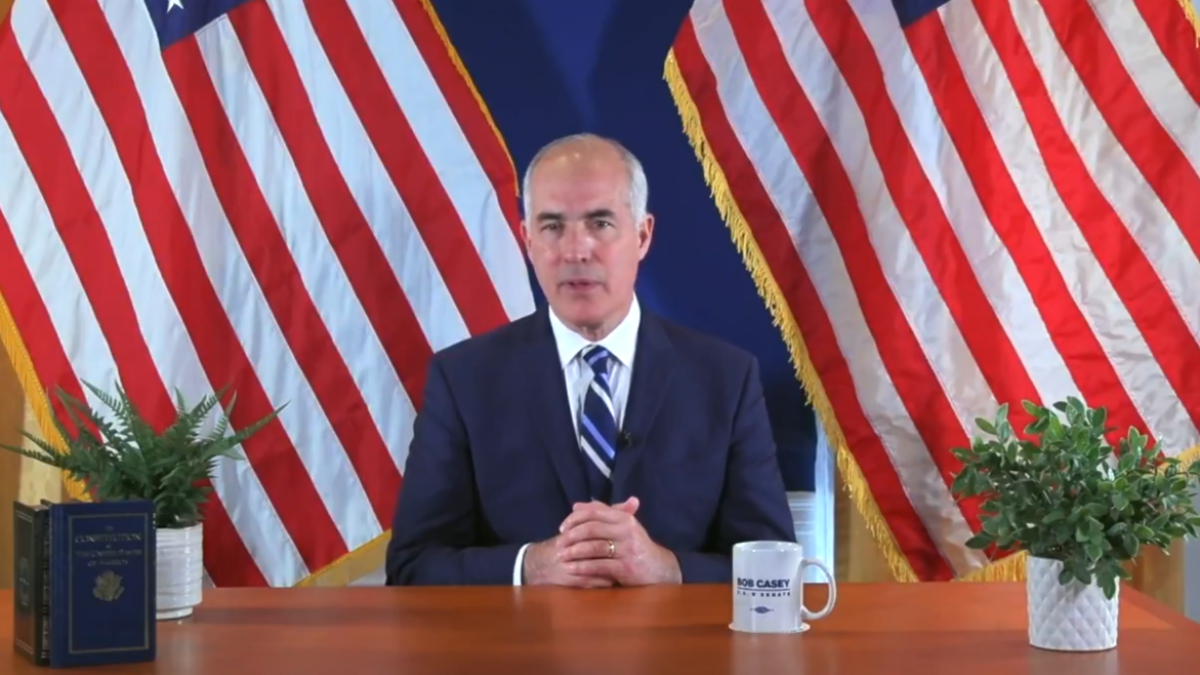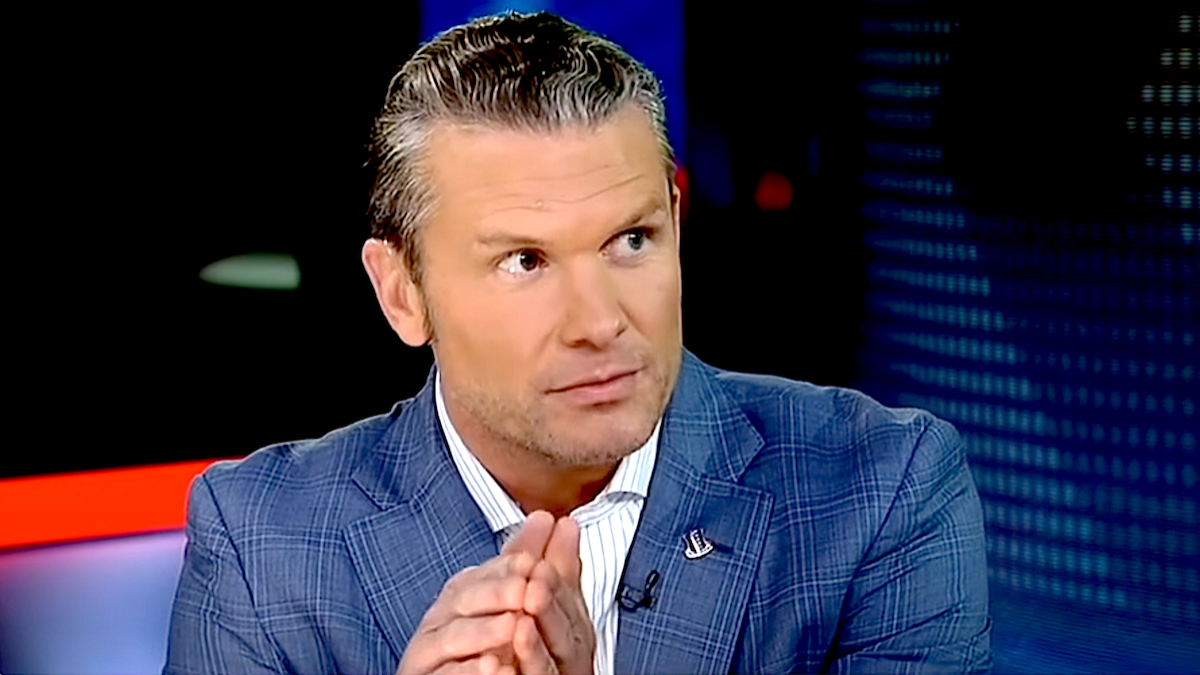
In a recent New York Times op-ed by Andrea Long Chu, “My New Vagina Won’t Make Me Happy,” the author discusses an upcoming vaginoplasty surgery that will create a “neo-vagina” where once there was none. This choice, to remove a healthy organ and replace it with an artificial organ that will require a lifetime of medical maintenance, was no doubt a difficult one. But Chu reveals that there is no reason to believe this surgery will result in happiness. The cosmetic, vaginoplasty surgery is neither medically necessary, nor intended to result in happiness on the part of the patient, yet it is still desired, still sought, and still scheduled.
No doubt Chu knew this op-ed would be controversial. Much of the going wisdom regarding vaginoplasty and other sex change surgeries is that it is legitimately medically necessary — that individuals wishing to medically transition from appearing as one sex to appearing as the other are caused pain by the reality of their natural bodies, and at risk of suicide if that pain is not remedied. In fact, this concept that medical transition is necessary to alleviate pain and suffering has been the primary guiding principle of transgender advocacy.
But Chu counters this claim fully, chucking at least a decade of trans advocacy under the proverbial bus, by claiming suicidal feelings have increased for Chu since the beginning of hormone treatment, and that the pain and discomfort from a neo-vagina will not be negligible. It is not Chu’s expectation that either mental or physical pain will decrease as a result of the upcoming surgery.
That vaginoplasty surgery and hormone injections are unlikely to result in either the reduction of suicidal thoughts or the lessening of physical pain at existing in a body that one does not relate to gives the distinct impression that the surgery is not medically necessary. What Chu tells us is that the surgery is a kind of cosmetic surgery, able to give the patient a new appearance only. This new appearance will ease the suffering of being perceived socially as the author’s birth sex. Chu gives the impression that surgical medical transition is entirely skin deep.
How Plastic Surgery Has Evolved
Before cosmetic surgery was the socially acceptable form of body modification that it is today, it was derided as shallow, narcissistic, petty, and materialistic. In feminist circles going back to the 1980s, that barbaric decade of shoulder pads, liposuction, and boob jobs, cosmetic surgery has been frowned upon as it comes into direct conflict with that old maxim, “You’re beautiful just the way you are.”
Since then, many women have made their peace with cosmetic surgery, and many more have embraced it. Whether breast enlargements, reductions, rhinoplasty, blehroplasty, labiaplasty, vaginoplasty, collagen lip injections, saggy arm lifts, tucks, pins, and pulls, women have undertaken it all in an attempt to either meet contemporary, commercial beauty standards or simply to better enjoy the image they see reflected back in the mirror.
For many women this surgery is an effective way to match their interior image of themselves with what they can see on the outside. But for many more, the associated price tag prevents them from achieving the perfect waist-line, boob lift, or undoing those sagging bellies leftover from childbirth.
Cosmetic surgery is not covered by insurance for women looking to enhance the femininity of their look. Breast reconstruction is only covered for women who have undergone mastectomies due to cancer or cancer prevention. Yet vaginoplasty surgery is on the insurance menu for many insurers, despite the often rigorous thresholds to attaining that care.
Surgery for My Elective Desires, But Not Yours
A quick search of Aetna’s policies regarding sex change surgery provides insight into what threshold the insurer requires patients to meet before the surgery will be covered. While many of what have traditionally been considered cosmetic procedures are not covered, such as body contouring, facial bone reconstruction, feminization of torso, lip enhancement, voice modification surgery, chin implants, and masculinization of torso, genital reconstructive surgery and mastectomies are covered.
Mastectomy coverage for female-to-male patients is contingent upon a referral letter from “a qualified mental health professional; persistent, well-documented gender dysphoria; capacity to make a fully informed decision and consent for treatment,” and that the patient be 18 years of age or older.
For either male-to-female or female-to-male patients who wish to alter the appearance of their genitals or dispense with their reproductive system entirely, there are tougher barriers to receiving care under an insurance plan. The patient needs “two referral letters from qualified mental health professionals, one in a purely evaluative role” and “twelve months of continuous hormone therapy as appropriate to the member’s gender goals (unless the member has a medical contraindication or is otherwise unable or unwilling to take hormones),” in addition to the above qualifiers.
Although these qualifications for genital reconstruction are slightly more stringent than those for a female-to-male mastectomy, they do not give the impression of being substantially prohibitive. Aetna will cover some cosmetic surgery procedures precisely because they are considered medically necessary to ease an individual’s pain.
Medical insurance plans prefer to only cover those surgeries and treatments that are medically necessary. The justification from Aetna for the medical necessity of gender affirmation surgery is the “… condition may cause clinically significant distress or impairment in social, occupational or other important areas of functioning.
Doctors No Longer Get to Use Their Expert Judgment
Chu’s concern is that “by focusing on minimizing patients’ pain, it leaves the door open [for surgery] to be refused when a doctor, or someone playing doctor, deems the risk too high.” However, the risk of denying any real medical need for the surgery is to admit that it is entirely cosmetic, therefore unnecessary by insurance company standards. Without a medically beneficial reason, what is the reason for allotting these medical resources away from medically necessary care?
While medically necessary surgery is meant to cure ailments, alleviate symptoms, or redress a deformity, cosmetic surgery is meant to align patients’ internal view of themselves with their physical body. The only threshold for cosmetic surgery is a patient’s desire. This current standard of cosmetic care is in line with Chu’s belief of how medical care in the realm of sex change should be authorized. Chu states:
Let me be clear: I believe that surgeries of all kinds can and do make an enormous difference in the lives of trans people. But I also believe that surgery’s only prerequisite should be a simple demonstration of want. Beyond this, no amount of pain, anticipated or continuing, justifies its withholding.
The idea here is that there needs be no other reason for a person to be given a spot in the operating room other than that person’s desire to go under the knife to achieve an aesthetic result. Let’s follow the logic.
If desire is to be the only threshold to surgical intervention and cosmetic body modification, and if vaginoplasty surgery should be covered under major medical insurance policies and government subsidized plans, as has been consistently argued by LGBTQIA+ advocates, and if trans women are women, then what we have here is a double standard between men who want surgery to fit female stereotypes and women who want surgery to fit female stereotypes. Seems like either both should be covered by insurance, or neither of them should be.
Women who are not trans do not have the option of securing feminine-enhancing surgery under any major medical plan. If a woman wants to appear more feminine, desires to be perceived in public as a beautiful female, or simply wants her diminutive breasts to be enhanced, she will be denied coverage by insurers. If a woman who lacks a stereotypically feminine appearance and consistently suffers from being misgendered wishes to surgically alter her appearance so that both the public at large and her mirror image reflect her true feelings about her feminine gender, then she will have to pay out of pocket.
It’s All About Me, Me, Me
Chu addresses one of the four principles of Beauchamp and Childress’ “Principles of Biomedical Ethics,” which is a standard for how to evaluate ethical care. These principles are autonomy (individual choice), beneficence (considering the best interests of the patient), non-maleficence (“above all, do no harm,” per the Hippocratic Oath), and justice (equality among individuals). Chu states:
The medical maxim ‘First, do no harm’ assumes that health care providers possess both the means and the authority to decide what counts as harm. When doctors and patients disagree, the exercise of this prerogative can, itself, be harmful. Nonmaleficence is a principle violated in its very observation. Its true purpose is not to shield patients from injury but to install the medical professional as a little king of someone else’s body.
By taking issue with the Hippocratic Oath, the one main guiding principle for medical professionals, Chu is demanding that doctors do less than collaborate with patients on a course of care, and cede their ethical purview to patients’ desires entirely.
If want is the only consideration, and doctors are merely client fulfillment specialists, then there should be no limit to what we can insist that they do to us. Anything we can dream, a doctor can be compelled to perform. Perhaps cosmetic surgery of all types should be covered for all women who dream of a look they do not have.
If appearances really tell us that much about a person, then we should all have medical control over it. From the guy who surgically transformed into a Marvel villain, to the woman who surgically transformed into a Barbie doll, to the person who wants bionic arms instead of real ones, we should all demand that the medical establishment forgo their ethical standards to serve us and our whims. Isn’t that, after all, why they went to medical school?









